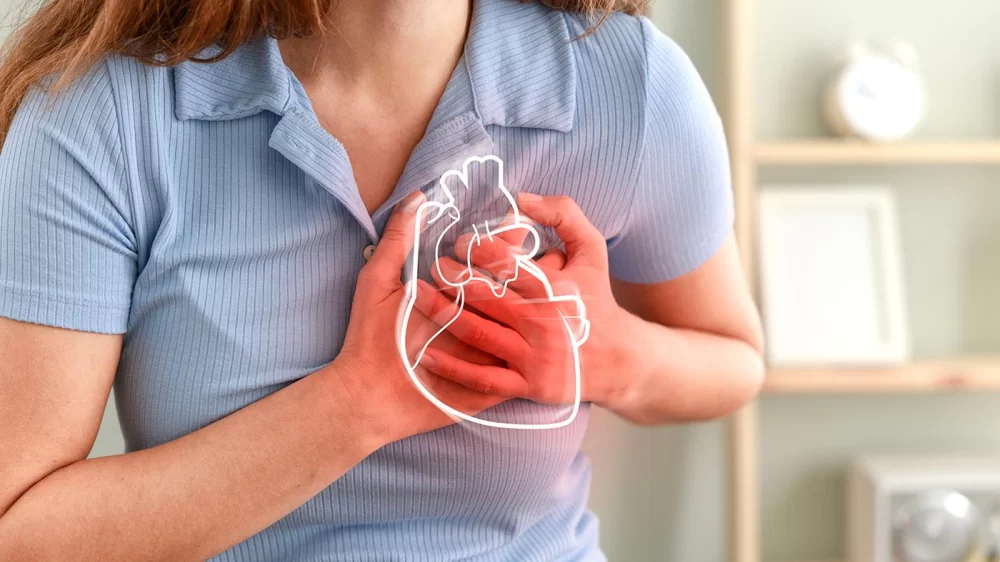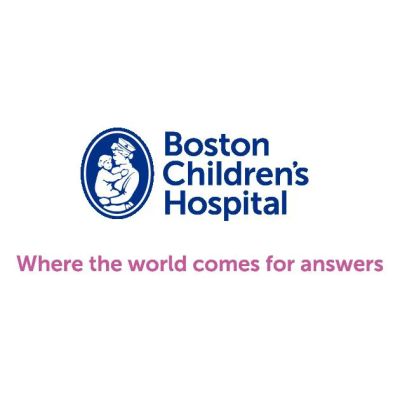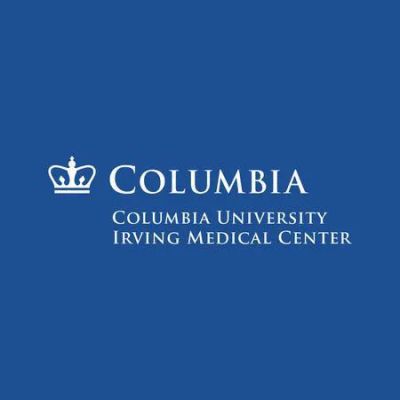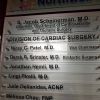- Why Heart Disease Symptoms Occur at Night
- Common Heart Disease Symptoms at Night and Their Implications
- Managing Nocturnal Heart Symptoms Effectively
- Personal Stories and Professional Perspectives
- Resources and Support for Heart Health
1. Why Heart Disease Symptoms Occur at Night
Heart disease symptoms at night often catch patients by surprise, creating a challenging and sometimes frightening situation. Understanding why these symptoms tend to manifest during sleep or rest is crucial for timely recognition and intervention.
Physiologically, nighttime brings changes in blood pressure, heart rate, and hormone levels. During sleep, the parasympathetic nervous system dominates, slowing the heart rate but sometimes causing irregular rhythms in vulnerable individuals. Additionally, lying flat can increase venous return to the heart, potentially worsening symptoms like shortness of breath or chest discomfort.
In people with underlying cardiovascular issues, such as coronary artery disease or heart failure, these nocturnal changes can trigger symptoms that are less obvious during the day. Factors like sleep apnea or restless leg syndrome may also exacerbate nighttime heart problems, making comprehensive evaluation essential.

2. Common Heart Disease Symptoms at Night and Their Implications
Identifying heart disease symptoms at night is critical for early diagnosis and preventing complications. Some symptoms can be subtle, while others may be alarming.
Deborah Heart and Lung Center
deborah heart and lung center
200 Trenton Rd, Browns Mills, NJ 08015, USA

2.1 Chest Pain or Discomfort
Chest pain that occurs at night might feel like pressure, tightness, or burning and can be a sign of angina or even an impending heart attack. Unlike daytime pain, nocturnal chest discomfort might wake patients from sleep and last longer.
2.2 Shortness of Breath and Orthopnea
Many patients report difficulty breathing when lying down, a condition known as orthopnea, which is often linked to heart failure. Nighttime breathlessness can cause sudden awakening, sometimes accompanied by coughing or wheezing.
2.3 Palpitations and Irregular Heartbeats
Feeling the heart pounding or fluttering during sleep may indicate arrhythmias. These irregular heart rhythms can be harmless or dangerous, depending on the underlying heart condition.
2.4 Fatigue and Night Sweats
Unexplained tiredness and excessive sweating at night can sometimes relate to heart disease, signaling the body’s stress response to reduced cardiac function.
Recognizing these symptoms and their patterns is essential for seeking prompt medical advice. Ignoring night-time heart symptoms may delay diagnosis and increase the risk of serious events.
3. Managing Nocturnal Heart Symptoms Effectively
Once heart disease symptoms at night are identified, managing them requires a combination of medical care, lifestyle modifications, and monitoring.
3.1 Medical Evaluation and Treatment
A thorough medical assessment, including electrocardiograms, echocardiograms, and possibly sleep studies, helps determine the cause of nocturnal symptoms. Treatment may involve medications such as beta-blockers, diuretics, or antiarrhythmic drugs tailored to individual needs.
3.2 Lifestyle Adjustments
Simple changes can make a significant difference. Elevating the head while sleeping, avoiding heavy meals and alcohol before bedtime, and maintaining a heart-healthy diet support symptom control. Regular exercise, as advised by a cardiologist, also improves overall heart function.
3.3 Monitoring and Support
Devices that track heart rhythms during sleep can provide valuable data to physicians. Patients benefit from ongoing support, including education about symptom recognition and when to seek urgent care.
Adopting these strategies improves quality of life and reduces the impact of heart disease symptoms at night.
4. Personal Stories and Professional Perspectives
Take the example of Maria, a 54-year-old woman who began experiencing night-time chest tightness and waking with shortness of breath. Initially dismissing these signs as anxiety, she eventually consulted her doctor. After diagnostic testing, Maria was diagnosed with early-stage heart failure and started on treatment.
Maria’s story highlights the importance of listening to your body and seeking medical attention promptly. Cardiologist Dr. Michael Lee stresses, “Nighttime heart symptoms should never be ignored, especially in patients with risk factors like hypertension or diabetes. Early intervention can save lives.”
These real-life experiences, combined with expert guidance, underscore the vital role of awareness in managing heart disease effectively.
5. Resources and Support for Heart Health
For those looking to learn more or find specialized products and services related to heart health, HeartCare Hub offers a comprehensive selection tailored to patients with heart conditions. From educational materials to lifestyle aids and professional care providers, HeartCare Hub serves as a trusted resource for individuals facing heart disease symptoms at night and beyond.
Engaging with such resources empowers patients to take control of their heart health, promoting safer nights and healthier days.






















Hoag Urgent Care Irvine - Sand Canyon
hoag urgent care
16205 Sand Canyon Ave Suite 100, Irvine, CA 92618, USA